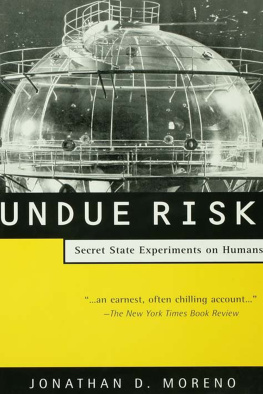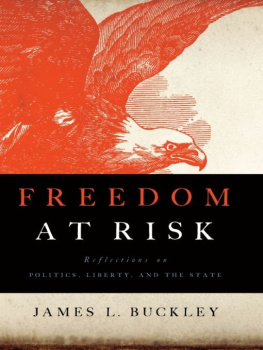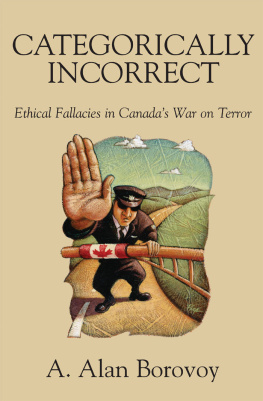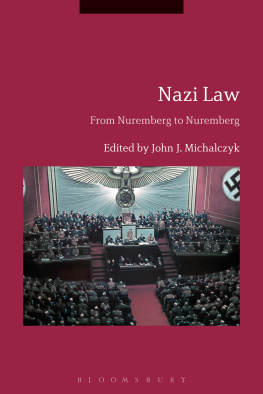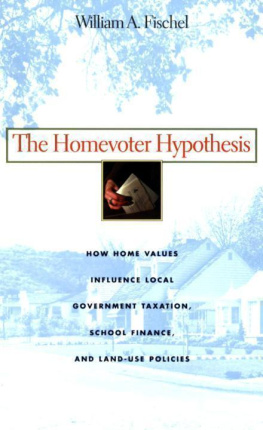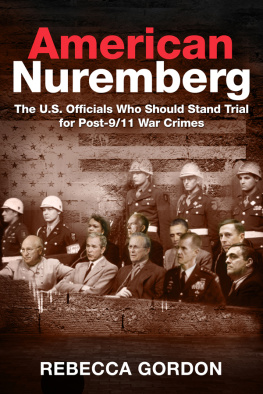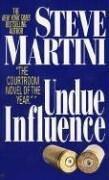Author Jonathan D. Moreno presents convincing evidence that atomic, biological, and chemical experiments have long been performed on human subjects, and that the experimentation continues to this day. This is an extraordinary and important chronicle.
Fatbrain.com
Moreno served on a Clinton-appointed advisory committee that blew the lid off the government's secret radiation experiments from WWII through the mid-1970s. A chilling, meticulously documented casebook.
Publishers Weekly
Undue Risk is a powerful and humane call for moral vigilance as we face complex issues of medical research in the present and the future.
Allan M. Brandt,
Kass Professor of the History
of Medicine, Harvard University
Undue Risk should be mandatory reading for all those concerned with not only the protection of human subjects but the appropriate moral underpinnings of government action in a liberal democracy.
Harold T. Shapiro, President, Princeton University, Chairman, National Bioethics Advisory Commission
Important documentation of what the good guys have done and are doing.
Booklist
In Undue Risk, Jonathan Moreno presents the first comprehensive history of the use of human subjects in atomic, biological and chemical warfare experiments from World War II to the twenty-first century. From the courtrooms of Nuremberg to the battlefields of the Gulf War, Undue Risk explores a variety of government policies and specific cases. It is also the first book to go behind the scenes and reveal the government's struggle with the ethics of human experimentation and the evolution of agonizing policy choices on unfamiliar moral terrain. A new afterword by the author covers recent objections by U.S. military personnel to required anthrax vaccinations and new developments in government policies on experiments involving vulnerable human subjects.
Jonathan D. Moreno, a former senior staff member of President Clinton's Advisory Committee on Human Radiation Experiments, is Kornfeld Professor of Biomedical Ethics and Director of the Center for Biomedical Ethics at the University of Virginia. He has been a columnist for ABCNews.com, and is a frequent television and radio commentator on current bioethical issues. Moreno is the author of Deciding Together: Bioethics and Moral Consensus. He lives in Charlottesville, Virginia and Washington, D.C.
UNDUE
RISK
Secret State
Experiments
on Humans
JONATHAN D. MORENO

Routledge edition published in 2001
Routledge
29 West 35th Street
New York, NY 10001
www.routledge-ny.com
This edition published by arrangement with W. H. Freeman and Company.
Routledge is an imprint of the Taylor & Francis Group.
Copyright 2001 by Jonathan D. Moreno.
Printed in the United States of America on acid-free paper.
All rights reserved. No part of this book may be printed or reproduced or utilized in any form or by any electronic, mechanical or other means, now known or hereafter invented, including photocopying and recording, or in any information storage or retrieval system, without per mission in writing from the publisher.
Text Design: Victoria Tomaselli
Library of Congress Cataloging-in-Publication Data
Moreno, Jonathan D.
Undue risk: secret state experiments on humans/Jonathan D. Moreno.
p. cm.
Previously published by W.H. Freeman in 1999
Includes bibliographical references and index.
ISBN 0-415-92835-4
1. Human experimentation in medicine-United States. 2. Weapons of mass
destruction-United StatesTesting. 3. Informed consent (Medical Law)
United States. I. Title.
R853.H8M66 2000
174.28-dc21 00-059140
10 9 8 7 6 5 4 3 2 1
For Jillian Alea Moreno
The innermost nature of the Reality is congenial to the powers that you possess.
William James
CONTENTS
PREFACE
One day in March 1994 I was leaving a meeting with my medical school's provost when his secretary handed me a pink telephone message slip. The message read, Has a proposition for you. The call was from my friend and colleague Ruth Faden, a professor at Johns Hopkins University in Baltimore. Ruth had recently been named by President Clinton to chair a special commission that was to investigate allegations of government-sponsored radiation research on unknowing citizens during the cold war. Triggering the investigation was a series of newspaper articles by Eileen Welsome in The Albuquerque Tribune. Welsome had put names and faces to long-standing rumors that American citizens had been injected with plutonium during World War II.
I was intrigued by the group's mission, which included not only figuring out whether anything wrong was done to American citizens by military-medical research but also exactly what happened. A New York Times piece on the newly appointed presidential Advisory Committee on Human Radiation Experiments reported that an important part of its job would be to plough through old archives to reconstruct events and policies, including many still-classified documents. A history buff, I was more than a little jealous of the opportunity to work through primary records of secret experiments from the 1940s to the 1970s.
Several days later I walked into rented offices in downtown Washington, already bustling with activity and strewn with office supplies, government-issue furniture, and the core of a hastily assembled staff, of which I was to be a senior member. Eventually the group included philosophers, lawyers, radiologists, historians, archivists, epidemiologists, and physicists. The committee itself was composed of experts in all those fields and a private citizen. Under Ruth Faden's leadership the committee members and their staff worked together closely. It was surely one of the more eclectic groups that have been called into government service.
The task ahead seemed daunting. Many stories had floated around the country about a dizzying array of government-sponsored radiation experiments, with all sorts of nefarious purposes theorized. People who felt aggrieved represented as wide a range as the American public itself: veterans of the armed forces, former convicts, mothers, people who had been treated or institutionalized for emotional disorders, Native Americans, Alaska natives, people who had been hospitalized, cancer patients who had been subjected to radiation treatment, people who lived downwind of atomic tests, people who lived near nuclear plants.
The diversity of people who felt they had been harmed or their civil rights violated by government-sponsored radiation experiments gave numerous regional newspapers specific reasons to follow the story closely, depending on the local controversy. In Cincinnati, for example, family members of deceased cancer patients brought suit against a distinguished radiologist for alleged experiments on their loved ones. In Nevada and Washington State residents worried about their increased cancer risk because of above-ground detonations or field experiments with fission material. In Tennessee women charged that they and their fetuses had been guinea pigs in radiation experiments.
With so many aggrieved parties there were plenty of journalists around, and under the law governing federal advisory committees virtually all the committee's business was considered public. Once when a small group of committee members and staff sat down to a working lunch, a reporter seated herself at the end of the table, notebook at the ready. For scholars unused to working in the glare of so much publicity, the process was disconcerting, to say the very least.

